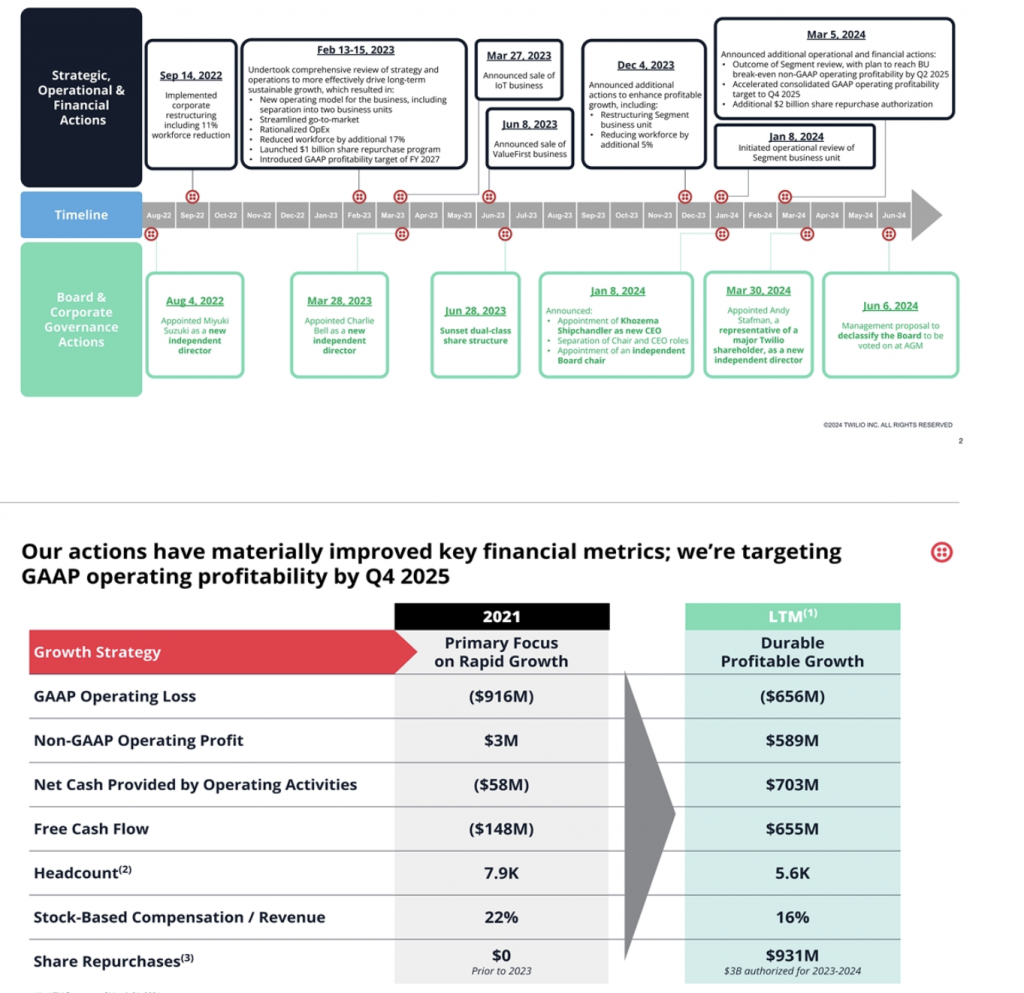This one made me laugh. Johnny now loves the new MEF under Robert Gerstmann (#GMoney) as they appear to be distancing themselves from The Campaign Registry. Because recent MEF events appear to have avoided mentioning TCR.
However, for me, MEF are still telling their members to ignore and not engage with our detailed analysis using publicly available facts. What we do is called investigative journalism, and has been lacking in telecoms for several decades. Asking its members to ignore reality and not engage with it is extremely poor form. I’ve had conversations on posts in Linkedin, only for those conversations to disappear overnight as the person is reminded of MEF policy. One example is a post on the RCS spam I received, 5k impressions and only 3 comments, that is not normal.
You’ll notice for TADHack Global coming up in October, the Cloud Communications Alliance is no longer listed as a partner. They no longer want to be associated with TADHack. Who would think explaining the reality of what is happening in the industry is considered inappropriate. At least the VON Coalition is fighting for UCaaS providers, my post on that received 4k impressions.
Just a reminder there were 19.2B spam SMS in April 2024 (source Robokiller) and 4.3B robocalls in March 2024 (source YouMail). Juniper Research estimate robocalling fraud will cost $71B. We’ve explained previously how TCR does not stop SMS spam, and how STIR / SHAKEN is not implemented on the PSTN gateways. Depending on your source fraud growth is about 30% (source Truecaller). Claims on traffic decreases are irrelevant as targeting continues to get better. There are now automations using online advertising is encourage people to trust fraudulent campaigns over SMS and calls. The PSTN is a mess.
Anyway, back to the podcast. Clearly Johnny and I disagree on where love is due.
Johnny reviews how AT&T brought TMO (T-Mobile US) and Verizon into the TCR. This is a similar story to how Verizon brought TMO and AT&T into ZipWhip (see Telecom Triopoly). I know these stories seem far fetched, but everything is referenced and fact based, the crazy state of our industry is absolute proof.
T-Mobile US is doing an excellent job as they understand they are a consumer brand and are customer focused. The market has rewarded them with a $200B market capitalization.
How can their brand tolerate the SMS spam, robocalling, and fraud happening over their network and plaguing their customers? Simply, there are too many middle management layers, so the top executives are unaware of the messaging monopolies and the conspiracy of silence on what is happening. As proof, TADS is being gagged.
Johnny thinks if Mike Sievert discovers the reality of what is going on, TMO will act for its customers, delivering powerful differentiation versus AT&T and Verizon. Johnny’s suggestion is to take an El Salvador approach of jailing all the gang members. While such a burnt earth strategy in telecoms is not feasible, they could definitely bring everything in house, and focus on their customers’ experiences for PSTN services.
Change is only going to come from the carriers, the messaging monopolies want things to continue, the politically appointed FCC is limited by partisan 4 year terms. The only entity that can be customer focused in the long term are the carriers, and TMO-US could lead the charge for its customers and own benefit.
We cover lots of other news items on Infobip’s IPO, all Johnny’s tyntec posts. But focus is on the elephant in the programmable communications room, Twilio. Their plans to move to GAAP (Generally Agreed Accounting Principles) by Q4 2025, see below; their stock slide continues, despite the share buyback. The competitive environment continues to increase and win Twilio customers away. And even their AI story seems undifferentiated, especially given Telnyx post on its AI and Connectivity focus.


4 thoughts on “Podcast 71: Truth in Telecoms, Johnny Loves The New MEF and #GMoney”
Comments are closed.